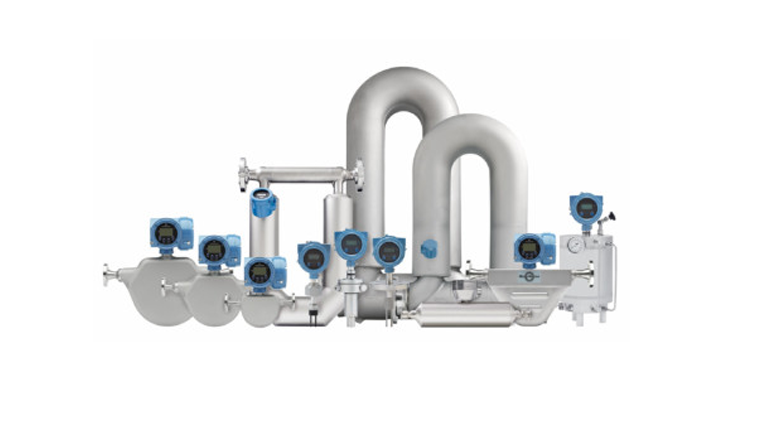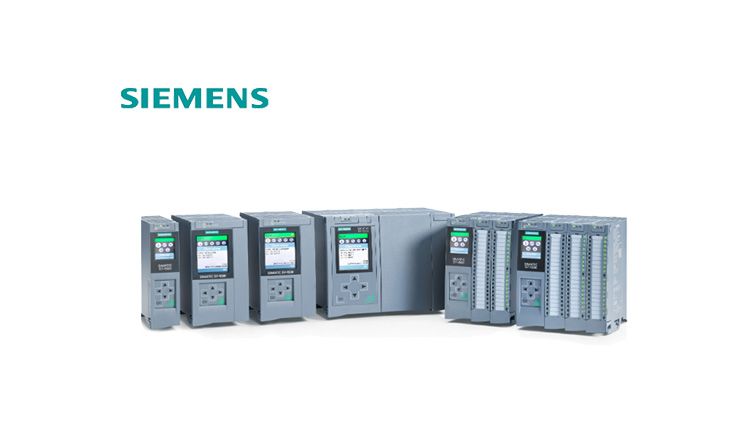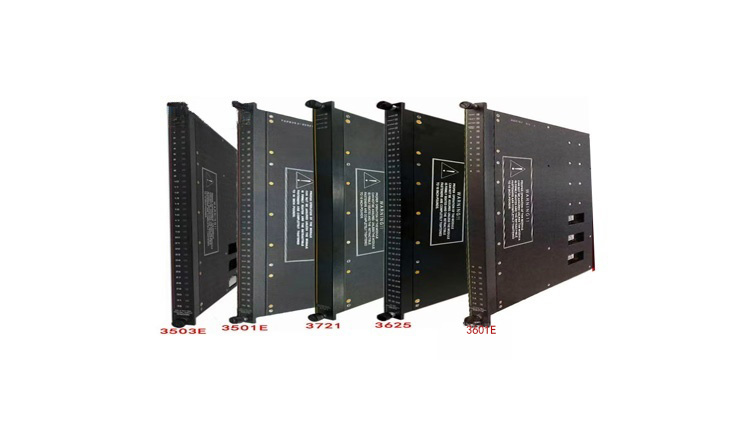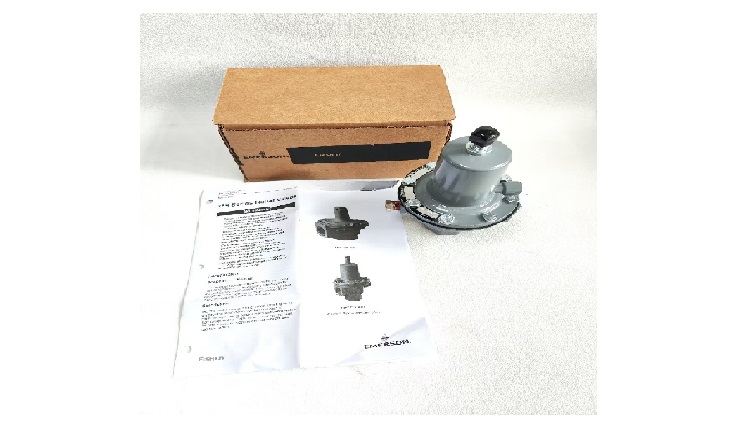Make a call

Blog Details

02
Mon
Understanding Coriolis Mass Flow Meters: Principles, Applications, and Advantages
Understanding Coriolis Mass Flow Meters
Introduction
Coriolis mass flow meters are widely regarded as one of the most accurate and versatile instruments for measuring the mass flow rate of fluids in industrial processes. Unlike traditional flow meters that measure volumetric flow, Coriolis meters directly measure mass flow, eliminating the need for temperature or pressure compensation. This article explores the working principles, structural design, applications, and key benefits of Coriolis mass flow meters.
Working Principle
The Coriolis effect, named after French scientist Gaspard-Gustave de Coriolis, forms the basis of this technology. When a fluid flows through a vibrating tube, it generates an inertial force due to the Coriolis acceleration. This force causes a measurable phase shift or twisting motion in the tube, proportional to the mass flow rate.
Key components of a Coriolis flow meter include:
Vibrating Flow Tubes: Typically U-shaped, straight, or curved, these tubes oscillate at their natural resonant frequency.
Electromagnetic Drivers: Induce controlled vibrations in the tubes.
Sensors: Detect phase differences in the tube’s motion caused by fluid flow.
Signal Processors: Convert sensor data into mass flow rate, density, and temperature measurements.
Key Features and Advantages
Direct Mass Flow Measurement: Unaffected by fluid properties like viscosity, density, or temperature fluctuations.
High Accuracy: Achieves precision levels of ±0.1% to ±0.5%, even for complex fluids (e.g., slurries, gases, or non-Newtonian fluids).
Multivariable Output: Simultaneously measures mass flow, density, temperature, and volumetric flow.
Minimal Maintenance: No moving parts in contact with the fluid, reducing wear and tear.
Bidirectional Flow Measurement: Capable of measuring flow in both directions.
[80A04-ASVWAAAAABAD](https://www.cwlyautomation.com/product/348.html "80A04-ASVWAAAAABAD")
[FCB400, FCH400](https://www.cwlyautomation.com/product/382.html "FCB400, FCH400")
[Q 500](https://www.cwlyautomation.com/product/1828.html "Q 500")
[Q 300](https://www.cwlyautomation.com/product/1827.html "Q 300")
Applications
Coriolis flow meters are deployed across industries requiring precise fluid measurement:
Oil & Gas: Custody transfer of hydrocarbons, LNG, and refined products.
Chemical Processing: Monitoring aggressive or corrosive fluids.
Food & Beverage: Measuring viscous liquids like syrups or dairy products.
Pharmaceuticals: Ensuring accuracy in batch processes.
Water Treatment: Slurry and chemical dosing control.
Considerations for Use
Installation: Requires vibration-free mounting and proper support to avoid external interference.
Cost: Higher initial investment compared to other flow meters, offset by long-term reliability.
Fluid Compatibility: Tube material (e.g., stainless steel, Hastelloy) must match fluid properties.
Pressure Drop: Tube geometry may cause a slight pressure loss in the system.
Tags:

Our mission
Build strong relationships
with clients
Take responsibility for our customers, create value continuously,
and become a
trustworthy partner for industrial intelligence and connectivity.



